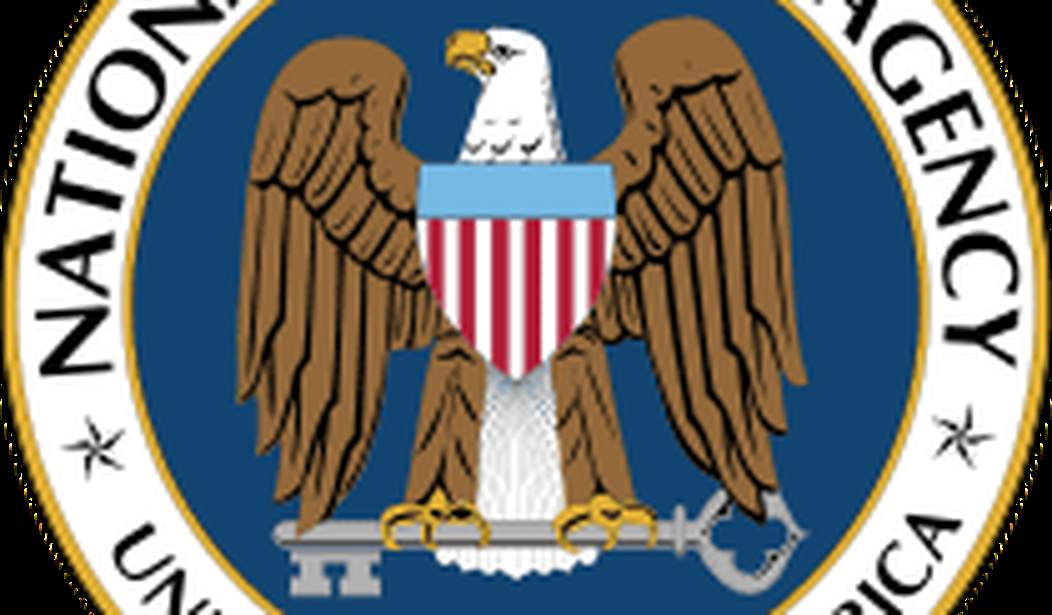WASHINGTON – Sen. Patrick Leahy questioned the effectiveness of a National Security Agency program that gathers data from domestic telephone calls and strongly suggested that the law must be changed to rework the controversial practice.
Speaking at the outset of a Tuesday hearing before the Senate Judiciary Committee, Leahy, a Vermont Democrat and the panel chairman, insisted that Congress should carefully consider the powerful surveillance tools provided to the government’s security agencies and ensure “stringent oversight, accountability and transparency.”
“The government is already collecting data on millions of innocent Americans on a daily basis, based on a secret legal interpretation of a statute that does not on its face appear to authorize this type of bulk collection,” Leahy said. “What will be next? And when is enough, enough?”
Leahy was particularly dismissive of claims by NSA Director Gen. Keith Alexander, who maintains that the surveillance practice has thwarted 54 militant plots since the program was initiated in 2006. The lawmaker said records provided to Congress fail to show disruptions that number in the dozens “let alone 54 as some have suggested.”
Tuesday’s hearing was called as the result of recent revelations by Edward Snowden, a former contractor with the National Security Agency and onetime Central Intelligence Agency employee, who leaked details about U.S. surveillance programs to the press.
Snowden, currently seeking asylum in Russia, revealed that the NSA was collecting telephone metadata, most of it involving American citizens, in an effort to thwart terrorist initiatives under Section 215 of the Patriot Act. Snowden also offered details about another program, code-named PRISM, which monitored Internet communications for the same purpose.
The secret initiatives were approved by the U.S. Foreign Intelligence Surveillance Court, which oversees sensitive security practices and operates behind closed doors.
Under Section 215, the so-called FISA court permitted the NSA to gather telephone company records that contain numbers that were dialed, the date and time when the call was placed, and the length of the connection. The information passed on to intelligence agencies doesn’t contain the identity of those involved in the connection.
The PRISM program collects content, like email messages, but only involves non-Americans who are thought to be located overseas. The initiatives, an outgrowth of the 9/11 terrorist attacks that killed almost 3,000, began during the administration of former President George W. Bush.
On Tuesday, shortly before the beginning of the hearing, the White House released a stream of declassified documents related to the operations and considerations that went into the controversial surveillance programs.
Among the released papers was the text of an April 2013 ruling by the FISA court ordering a subsidiary of Verizon, the telecommunications giant, to turn over the customer phone logs it had maintained for a three-month period to the NSA.
The court determined, according to the document, that the federal government may access otherwise confidential phone records when the executive branch provides information “giving rise to a reasonable, articulable suspicion” that the numbers could lead to terrorists.
The White House document dump also established that Congress was advised of the NSA’s dealings despite earlier claims from some lawmakers that they were kept in the dark. The Obama administration offered a pair of briefing papers from 2009 and 2011 explaining that Section 215 of the Patriot Act opened the door to data collection. The information, according to the briefings, offered an “early warning system” regarding terrorism suspects.
During the hearing, Leahy said he doesn’t condone Snowden’s activities but he asserted the revelations provided an opportunity to reconsider FISA’s scope along with “the government’s sweeping new powers to collect information on law-abiding Americans.”
“And we must carefully consider now whether those laws have gone too far,” he said, adding that “the patience and trust of the American people is starting to wear thin.”
Sen. Chuck Grassley (R-Iowa), the committee’s ranking member, was less forceful in his assessment than Leahy, noting that lawmakers “must make sure we don’t repeat the mistakes of the past.”
Grassley said laws enacted prior to 9/11 that constructed a wall between the intelligence community and law enforcement contributed to the tragedy. The key, he said, is “striking a proper balance.”
“Investigating threats to our national security gives rise to a tension between the protection of citizen’s privacy rights and the government’s legitimate national security interests,” he said.
NSA Deputy Director John Inglis told the panel that the Snowden leak “will have a long-term detrimental impact on the intelligence community‘s ability to detect and help deter future attacks.” While there have been complaints about the implemented surveillance procedures, the U.S. “is amongst the best at protecting our privacy and civil liberties.”
“Our primary responsibility is to defend the nation,” Inglis said. “The programs we are discussing today are a core part of those efforts. We use them to protect the lives of Americans and our allies and partners worldwide.”
Inglis said the NSA and other intelligence outfits face a dilemma — if they uncover a telephone number for a person reasonably believed to be plotting an act of terror against the U.S., how do the agencies find possible connections to that number? One way is through the surveillance programs.
“In simple terms, you are looking for a needle, in this case a number, in a haystack,” Inglis said. “But not just any number. You want to make a focused query against a body of data that returns only those numbers that are connected to the one you have reasonable suspicion is connected to a terrorist group. But unless you have the haystack – in this case all the records of who called whom – you cannot answer the question.”
Intelligence agencies require “a reasonably complete set of records and whether those records look back a reasonable amount of time to enable you to discover a connection between conspirators who might plan and coordinate across several years,” Inglis said. “Hence, all the records are necessary to connect the dots of an ongoing plot, sometimes in a time sensitive situation, even if only an extremely small fraction of them is ever determined to be the match you‘re looking for.”
Deputy Attorney General James M. Cole told the committee that the Department of Justice is constantly seeking to achieve the right balance between the protection of national security and the protection of privacy and civil liberties.
“We believe these two programs have achieved the right balance,” he said.
The records obtained, Cole said, are the sort that the U.S. Supreme Court has determined are not protected by the Fourth Amendment. The FISA Court provides that the government can only search the data if it has a “reasonable, articulable suspicion that the phone number being searched is associated with certain terrorist organizations.”
“The order also imposes numerous other restrictions on NSA to ensure that only properly trained analysts may access the data and that they can only access it when the reasonable, articulable suspicion predicate has been met and documented,” Cole said.
Sen. Dianne Feinstein (D-Calif.), the chairwoman of the Senate Special Select Committee on Intelligence and a member of the Senate Judiciary Committee, revealed that lawmakers are considering a few reform measures, like reducing the amount of time the NSA can retain phone records and requiring the agency to expedite its review of the collected data.
“These are things that can be done to increase transparency, but not to stop the program,” she said. “I believe, based on what I have seen and I read intelligence regularly, that we would place this nation in jeopardy if we eliminated these two programs.”









Join the conversation as a VIP Member